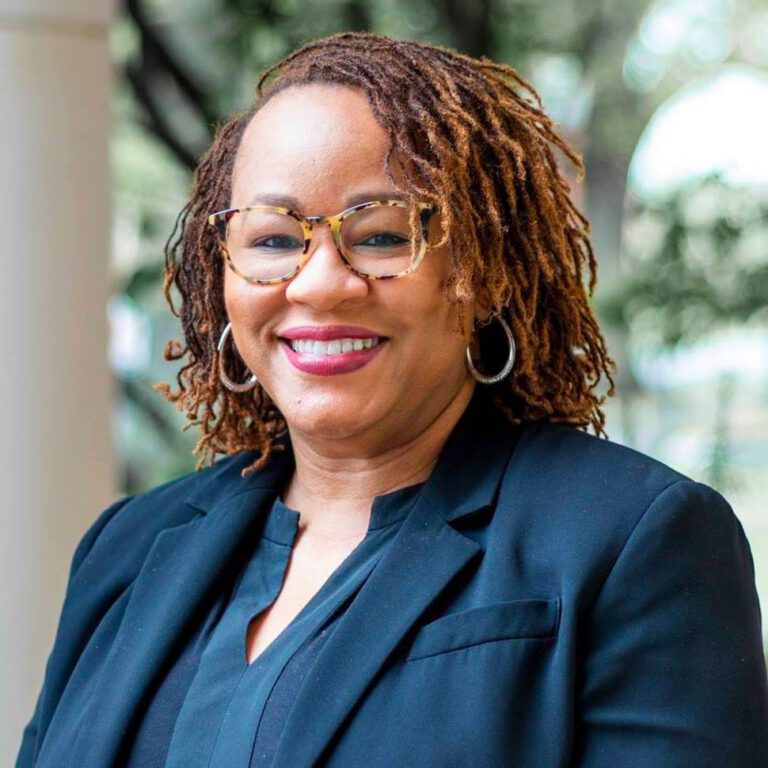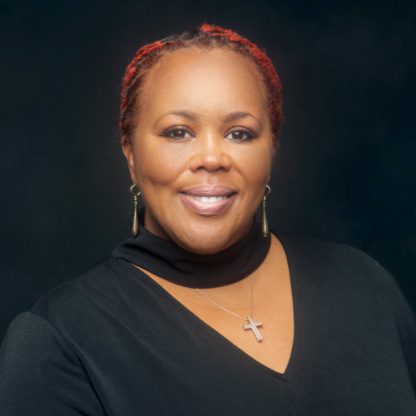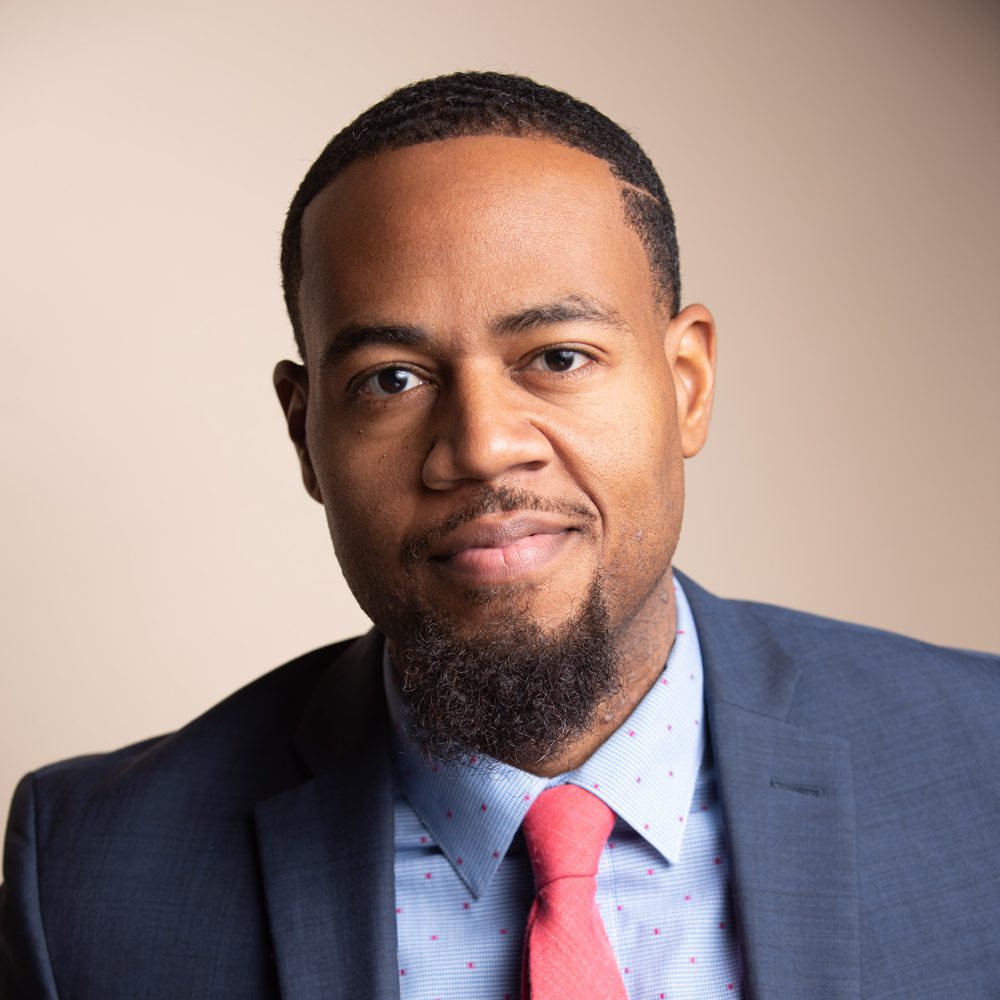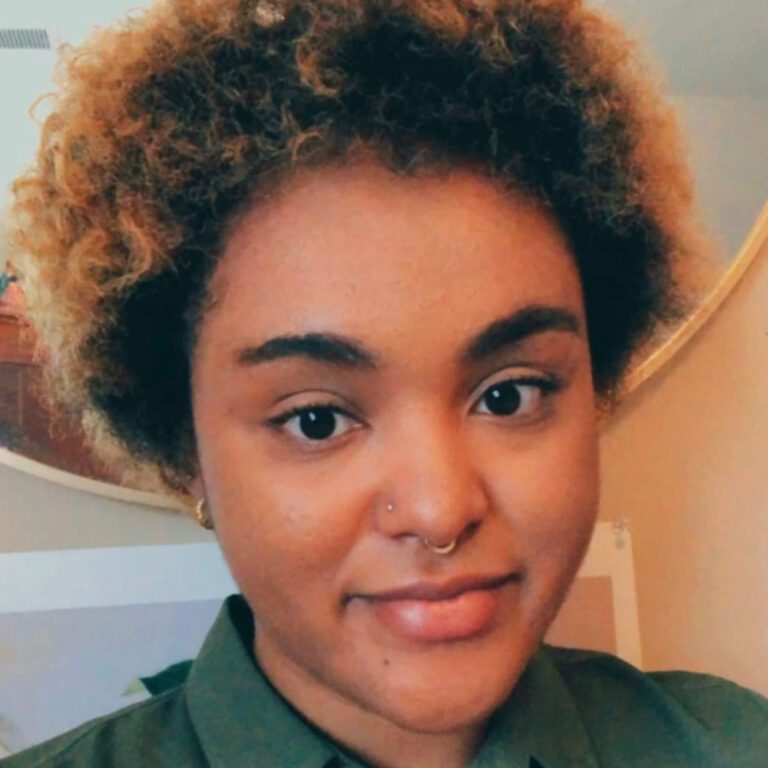About BFH
October 20, 2020 2024-01-05 9:19About BFH

An opportunity for training on trauma, healing and HIV advocacy for faith leaders, lay ministers (e.g., youth and young adult, singles, health, men and women, and music ministries, etc.), divinity scholars, health providers, nonprofit organizational leaders, and graduate students.


August 16th-18th
Nashville, Tennessee

The Black Faith and HIV initiative empowers faith communities to end the HIV epidemic.
The Black Faith and HIV initiative is powered by the Wake Forest University Faith Coordinating Center in the School of Divinity. We partner with faith-based organizations and connect them to local and/or state healthcare systems to address health inequity and promote whole-person wellbeing.

Funded Partners
Community Partners
In Grants Awarded

Our History
Since 2021, the WFU Faith Coordinating Center has funded 85 local and national organizations committed to engaging faith leaders and their respective communities about HIV stigma to advance efforts to end the HIV epidemic, especially among the most vulnerable populations. The FCC has hosted capacity building workshops that engage an average of 50 attendees per session; used the art of storytelling and social marketing to develop online materials that educate the public (average 1000 views per social media post) and challenge traditional notions about love and acceptance of people living with HIV and LGBTQ groups in religious institutions. Additionally, the FCC has established partnerships with the Gilead Sciences Office of Governmental Affairs to engage rural areas; The Links, Incorporated to educate African American/Black women and faith communities about HIV; and the Inter-CFAR Faith and Spirituality Working Group, which is a national collaborative of community-academic partnerships with Centers for AIDS Research focused on research about HIV and faith. FCC has received funding from Gilead Sciences to create a searchable, online database of faith based organizations and leaders across the United States that are committed to addressing HIV-related stigma
About the Gilead COMPASS Initiative® Faith Coordinating Center
The Gilead COMPASS Initiative® Faith Coordinating Center at Wake Forest University focuses on preparing ministry and nonprofit leaders to address the needs of vulnerable populations such as African Americans and LGBTQ individuals. These groups, particularly in the South, often experience a higher number of cases of HIV/AIDS with access to fewer support and prevention resources. At our center we offer grant funding, training sessions, cohorts, and resources to better equip leaders and communities to transform the story of HIV in the South.
About the COMPASS Initiative
The Gilead COMPASS (COMmitment to Partnership in Addressing HIV/AIDS in Southern States) Initiative® is an unprecedented more than $100 million commitment over 10 years to support organizations working to address the HIV/AIDS epidemic in the Southern United States. The South is most affected by the HIV epidemic, accounting for 54% of all new HIV diagnoses in the U.S. In response to the Southern HIV epidemic, COMPASS focuses on providing concentrated investments in the region to reduce HIV-related health disparities, build awareness, advance education, and reduce stigma.
About Wake Forest University School of Divinity
Wake Forest University School of Divinity is a graduate, professional school that is Christian by tradition, Baptist in heritage, and ecumenical in outlook. Consistent with Wake Forest’s commitment to academic excellence and in the spirit of the University motto, Pro Humanitate, the School of Divinity prepares leaders informed by a theological understanding of vocation. Through imaginative courses and diverse programs of community engagement, students are equipped to be agents of justice, reconciliation, and compassion in Christian churches and other ministries. Learn more about the FCC.
Our Legacy
The Black Faith and HIV initiative is informed and inspired by the Black Church and HIV Social Justice imperative led by the NAACP. We aim to carry forward their commitment to mobilizing faith leaders in the cause of HIV. You can visit their legacy site by clicking here.
Learning Modules
Our Guiding Principals
The COMPASS Initiative® Faith Coordinating Center focuses on preparing ministry and nonprofit leaders to address the needs of vulnerable populations such as rural communities, African Americans and LGBTQ individuals. These groups, particularly in the South, often experience a higher number of cases of HIV/AIDS with access to fewer support and prevention resources.
We use training, storytelling, and grantmaking to:
1) deepen emerging faith leaders’ understanding of and engagement with their communities’ health challenges and opportunities, and
2) equip them to co-create with key community partners new holistic strategies for addressing HIV/AIDS and related health concerns
We engage faith leaders, religious institutions and community members committed to addressing HIV in the southern US through social justice activities, advocacy, increased knowledge and education, coalition building, replication of best practices, and addressing the social determinants of health. This includes equipping emerging faith leaders to employ evidenced-based practices for stigma reduction in their local communities.
We implement a social change methodology known as “transformative storytelling.” Faith communities in the South are storytelling communities. This is true across diverse religious traditions and faiths. People of faith ground their beliefs about God, humanity, and the world around them in sacred stories. They are accustomed to hearing, telling, and being shaped—spiritually and ethically—by the communal stories they share.
Transformative storytelling capitalizes on faith communities’ rich narrative dimensions in order to inspire growth and change.
Interfaith approach: We engage a wide array of Christian denominational, Ba’hai, Hindu, Buddhist, Muslim, Jewish, nondenominational and other diverse faith leaders to address HIV/AIDS-related disparities and stigma, and foster inclusion within diverse faith communities in the southern US.
The purpose of this funding opportunity is to advance the ability for a diverse array of congregations, including Christian churches, synagogues, mosques, and temples, faith-based organizations, and artists to develop programs and initiatives or conduct research in their local religious communities that promote positive faith and health outcomes, specifically in the area of HIV.
-
AIDSVu Faith Based Service Locator
-
Ambassador Program
-
FCC Accomplishments
-
HIV Cure Research Day
-
Grant Opportunities
The purpose of this project is to develop a dynamic, searchable database of faith-based organizations to be added to the AIDSVu Service Locator as a resource for faith leaders to network with each other and better identify HIV prevalence in their service areas. Additionally, the database will serve as a resource for people affected by and living with HIV because the provision of HIV services and programs in faith communities can reduce stigma and increase linkages to and retention in care.
To join the database, click here.
Wake Forest University’s COMPASS Initiative® Faith Coordinating Center, in collaboration with the Old North State Medical Society (ONSMS), is establishing a network of faith-based organizations and Black physicians in North Carolina to increase HIV education and advocacy. Informed by North Carolina’s Plan to End the HIV Epidemic (EHE), we partner with faith partners and medical providers to transform messaging to reduce stigma and build healthier communities.
We know that faith communities can make an indelible mark on destigmatizing a major epidemic within the Black community.
The main components of the program include:
- Amplification: Black faith leaders, Ambassadors and Black medical providers across the state of North Carolina will collaborate on an anti-stigma HIV initiative and campaign
- Empowerment: Black faith leaders and faith communities will be empowered to have leading HIV health ministries and outreach programs
- Certification: Ambassadors will receive a non-credit bearing certificate of completion through the leading organization, NC HTEC (NC HIV Training Education Center) and Wake Forest University
- Community Engagement: Ambassadors will engage with leading faith leaders and organizations from across the state of North Carolina
- Capacity Building Training: Ambassadors will receive capacity building training that will provide them with the necessary skill set to do HIV related programming
$156,327 in additional funding leveraged by funded partners
$1.5M in additional funding leveraged by WFU FCC
Funded 17 organizations in 2021-2022
Funded 14 organizations and 4 artists in 2022-23 year
81 new partnerships by funded partners
Nearly 115,000 engaged content related to faith and HIV through the Faith Coordinating Center in the past year
Hosted inaugural Proclamation at the Intersections: Faith, Healing and HIV conference in Dallas
One of the the WFU Faith Coordinating Center’s funded partners, Interfaith Youth Core, has selected 14 university campuses, the majority of whom are HBCUs, to engage in interfaith leadership and HIV projects
- Alabama State University
- Dillard University
- Fayetteville State University
- Fayetteville State University – School of Nursing
- Livingstone College
- McMurry University
- Morehouse College
- North Carolina Central University
- NCCU This Far By Faith Project
- Southern University and A&M College
- Stillman College
- Tougaloo College
- Tuskegee University
- University of Miami – Miller School of Medicine
In collaboration with the Southern AIDS Coalition and the Artemis Agency, we established a partnership with Lil Nas X to raise awareness about HIV. Mardrequs Harris of Southern AIDS Coalition participated in the MTV Video Music Awards show where he highlighted the number of people living with HIV in the South in 2015. We also partnered with Lil Nas X on his album listening party in Atlanta, where we facilitated a tour of Thrive SS and the Ponce Children’s Clinic and invited local Gilead COMPASS partners to join the party. The party garnered national attention about HIV and helped drive donations to his Montero Baby Registry, which has raised over $500,000 for HIV and LGBTQ organizations in the South.
Marginalized communities have the collective power to help shape how medical innovation and research impact their health-care access and treatment and how they choose to heal their communities.
On December 14, 2015, Dr. Allison Mathews launched the 2BeatHIV research project funded by an R01 NIH NIAID grant (PIs Tucker/Rennie) and housed at UNC Chapel Hill. The 2BeatHIV project used crowdsourcing to identify and develop community-sourced ideas to improve community engagement for HIV cure research. As a result, 2BeatHIV initiated the development of several community engagement projects, including a campaign about HIV cure research, a campaign to reduce stigma associated with HIV testing, stakeholder video interviews about the challenges and opportunities for HIV cure research, and a series of HIV cure capacity building workshops with community-based organizations. In 2016,
Dr. Allison Mathews and Kimberly Knight co-founded HIV Cure Research Day (December 14) in the state of North Carolina to promote collective ownership over finding a cure for HIV and ending the epidemic. The original slogan for the day, “Own the Cure,” highlights the power that collective advocacy can have in shaping how a medical cure is developed and distributed to those most marginalized and affected by the epidemic. This idea is a powerful tool toward eradicating health disparities in access and treatment across multiple disciplines and fields of study. HIV Cure Research Day was officially proclaimed by the Durham County Board of Commissioners on December 14, 2016, and from 2017-2019 was proclaimed by Roy Cooper, Governor of North Carolina. In 2018, Governor Cooper and the Office of Public Engagement invited Dr. Mathews to host the inaugural World AIDS Day in the Executive Mansion in collaboration with the Office of the First Lady of North Carolina, the NC Department of Health and Human Services, and the UNC Institute for Global Health and Infectious Disease.
The goal of the event was to start the conversation about ways we could leverage the resources available in North Carolina to address the HIV/AIDS epidemic. Dr. Mathews delivered a talk at TEDxCaryWomen entitled, “Fight HIV Stigma through Access, Mobilization, and Equity,” which chronicles the inspiration for the founding and the impact of HIV Cure Research Day in the state of North Carolina.
While an HIV cure is the ultimate goal, it is important to also address access and equity issues, so that marginalized communities no longer have to struggle to receive adequate and equal access to health care. Historically, marginalized groups have been exploited in research studies and rarely benefited from medical innovations, due to disparate education and access. This history has created mistrust of clinical scientists within the affected groups. The current research structure expects participants to voluntarily contribute their data to scientific studies without any expectation of benefit or ownership over the medical advancements developed from the studies. This structure leaves participants from marginalized communities disadvantaged. They are bearing the risk of research participation but often are not benefiting from therapeutic discoveries because of their marginalized status in society and limited access to healthcare.
HIV Cure Research Day seeks bold strategies to empower community members to transform the way that scientists, government entities, and businesses engage with low-income and marginalized people about research and healthcare access. The day celebrates the life of Timothy Ray Brown, the first man cured of HIV; highlights advancements in HIV cure science; and facilitates community involvement in identifying novel ways to end the epidemic through research, technology, policy and social justice.
To date, HIV Cure Research Day and the activities of the 2BeatHIV project have hosted more than 25 community events with over 1000 attendees and 75 community partners; generated 450 crowdsourced ideas; helped create 6 new companies; reached 450,000 people online; won several state and national awards; and has been recognized by the NIH and international scholars. In 2021, the Gilead COMPASS Faith Coordinating Center at Wake Forest University adopted responsibility for planning HIV Cure Research Day and leading efforts to promote activities for the 14 Days of HIV Awareness from World AIDS Day (December 1) to HIV Cure Research Day (December 14).
We are excited to announce our upcoming grant opportunities! Click the links below to view the request for proposals to learn about the guidelines and view the sample applications.
Applications are due November 6 at www.gileadcompass.com
Faith Action – $25-50K
Faith Action Grants will provide awards ranging between $25,000 to $50,000 to provide resources for nonprofit organizations for action-oriented projects centered around faith to help reduce stigma, engage in spiritually integrated trauma-informed care, and aid in changing the perception of HIV/AIDS in the south. We are seeking to fund organizations committed to the creation of inclusive faith spaces (virtual and/or in-person) for LGBTQ persons and people living with and affected by HIV that provide opportunities for physical, emotional, and financial wellness. If you are applying for $50,000, you need to make the case that your organization has the infrastructure (e.g., employees, accountant, etc.) and reach (e.g., statewide or regional engagement) to be competitive for that amount. We reserve the right to not award the full amount of the proposed budget if your organization is selected for funding.
Learning It Together – $10K
The Learning It Together Artists Cohort will provide funding of up to $10,000 for non-profit organizations (or fiscally sponsored artist) to support the creation and amplification of arts-based projects centered around faith to help reduce stigma and aid in changing the perception of HIV/AIDS in the south. The Faith Coordinating Center will provide potential opportunities for amplification in collaboration with GLAAD and other local, statewide and national media outlets.
We are seeking to fund 6 month creative projects that facilitate the creation of inclusive and healing faith spaces (virtual and/or in-person) for LGBTQ persons and people living with and affected by HIV.
Our Guiding Principles
We believe that in order for us to achieve healing, transformation, and wellness, we should celebrate all faith traditions and belief systems and their approach to healing.
We aim to cultivate mind-body-spirit integrative approaches for transformation and eliminating HIV-related stigma that are also attuned to all aspects of wellness.
We are committed to expanding the capacity of faith communities to enhance emotional, physical, financial, social and spiritual wellbeing of all people.
Meet Our Team

Tarsha Banister
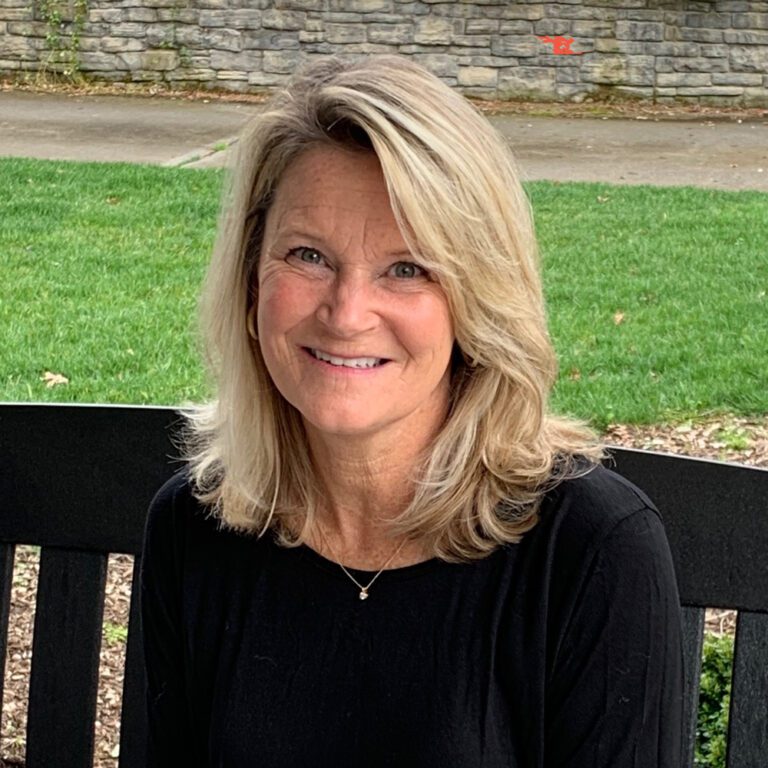
Diane Cox
Advisory Board Members
William Francis
Sande Bailey
Jackie Hendricks
Cary Goodman
Marvell Terry II
Yolanda Jones
Iya Dr. Funlayo E. Woods-Menzies
Ulysses Burley III
Carmarion Anderson
Aquarius Gilmore
Carolyn Davis
Khadijah Abdullah
Marvin Anderson
Morris Singletary
Yolanda Jones
Iya Dr. Funlayo E. Woods-Menzies
Maryam Arain
Raja Bhattar
Funded Partners
Faith Organizational Resiliency Grant Awardees
Learning It Together Artist Grant Awardees
Faith Action & Congregational Grant Awardees
Arkansas Black Gay Mens Forum (Arkansas)
Authentic Voices Global (Texas)
Compassionate Atlanta (Georgia)
Do It For Me (Louisiana)
Foundations for Living (Georgia)
Hamilton Park UMC (Texas)
Health Awareness for Life (Florida)
High Impacto (Florida)
Jefferson St. Missionary Baptist Church (Tennessee)
Relationship Unleashed (Tennessee)
Renacer En Vida Nueva Inc. (Florida)
St. Paul AME Church (Alabama)
PATICONF22
Proclamations at the Intersections: Faith, Healing, and HIV” is a premiere conference that took place June 21st-23rd, 2022 in Dallas, TX. Hosted by the Gilead COMPASS Initiative Faith Coordinating Center at Wake Forest University School of Divinity, the conference provided an unprecedented opportunity for learning and collaboration between faith leaders, scholars, health providers, and community based organizations.




